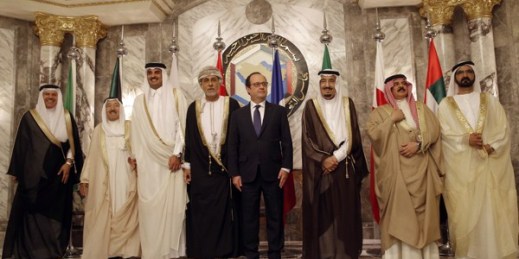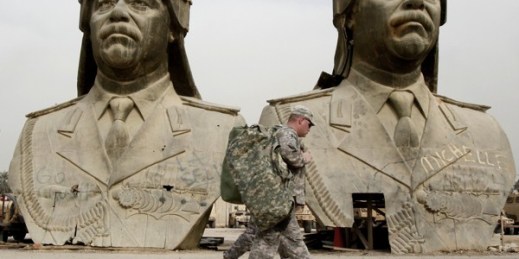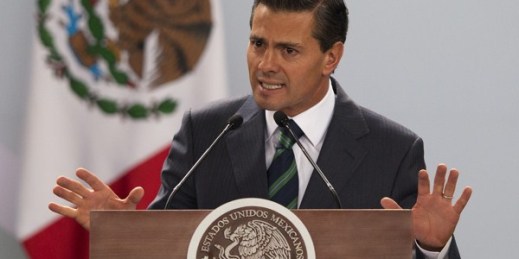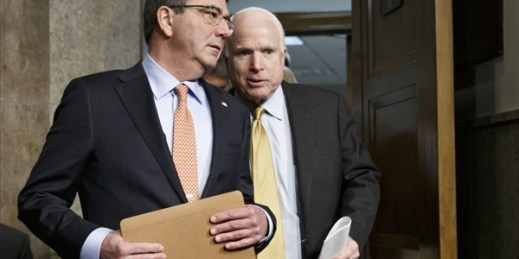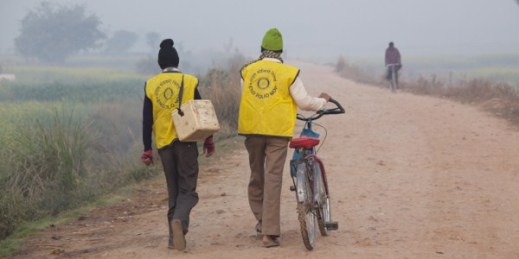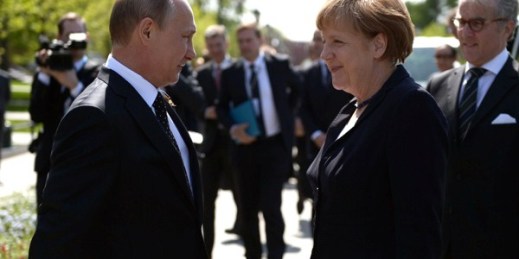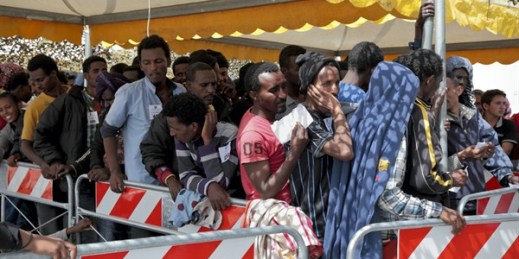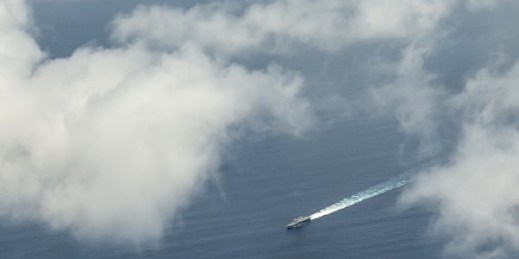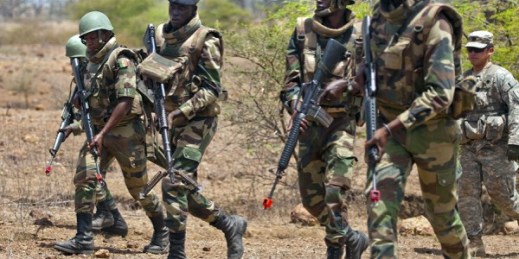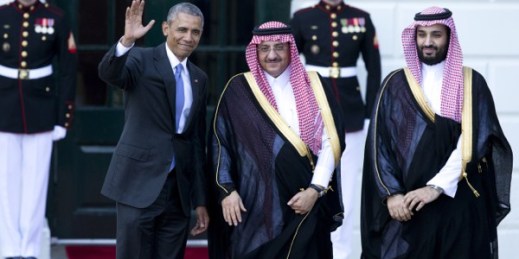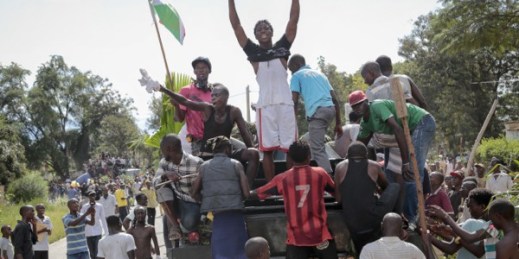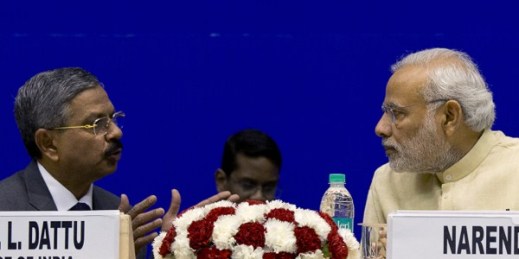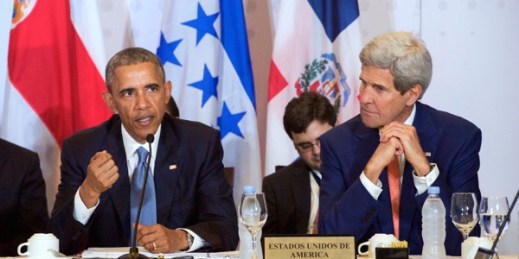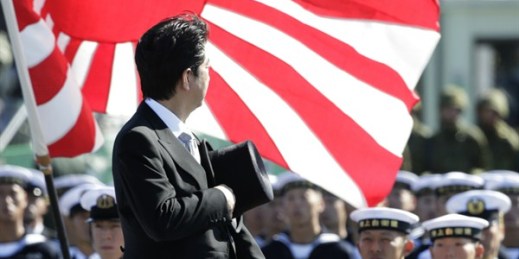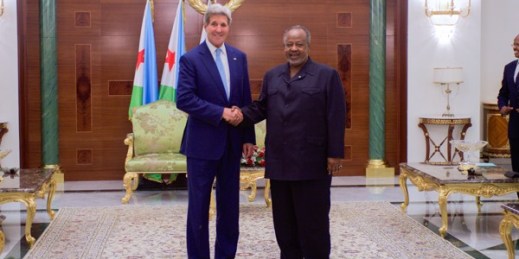
China is in negotiations with Djibouti to open a military base in the country, adding to its current roster of French, U.S., Japanese and EU military facilities. In an email interview, David Styan, lecturer in politics at Birkbeck College, University of London and author of the report “Djibouti: Changing Influence in the Horn’s Strategic Hub,” discussed Djibouti’s foreign relations. WPR: Who are Djibouti’s main regional partners? David Styan: The dominant regional partner is Ethiopia. Djibouti’s small economy is essentially a gateway; the vast majority of Addis Ababa’s fast-growing trade flows transit through Djibouti’s new container and oil terminals. China’s reconstruction […]

